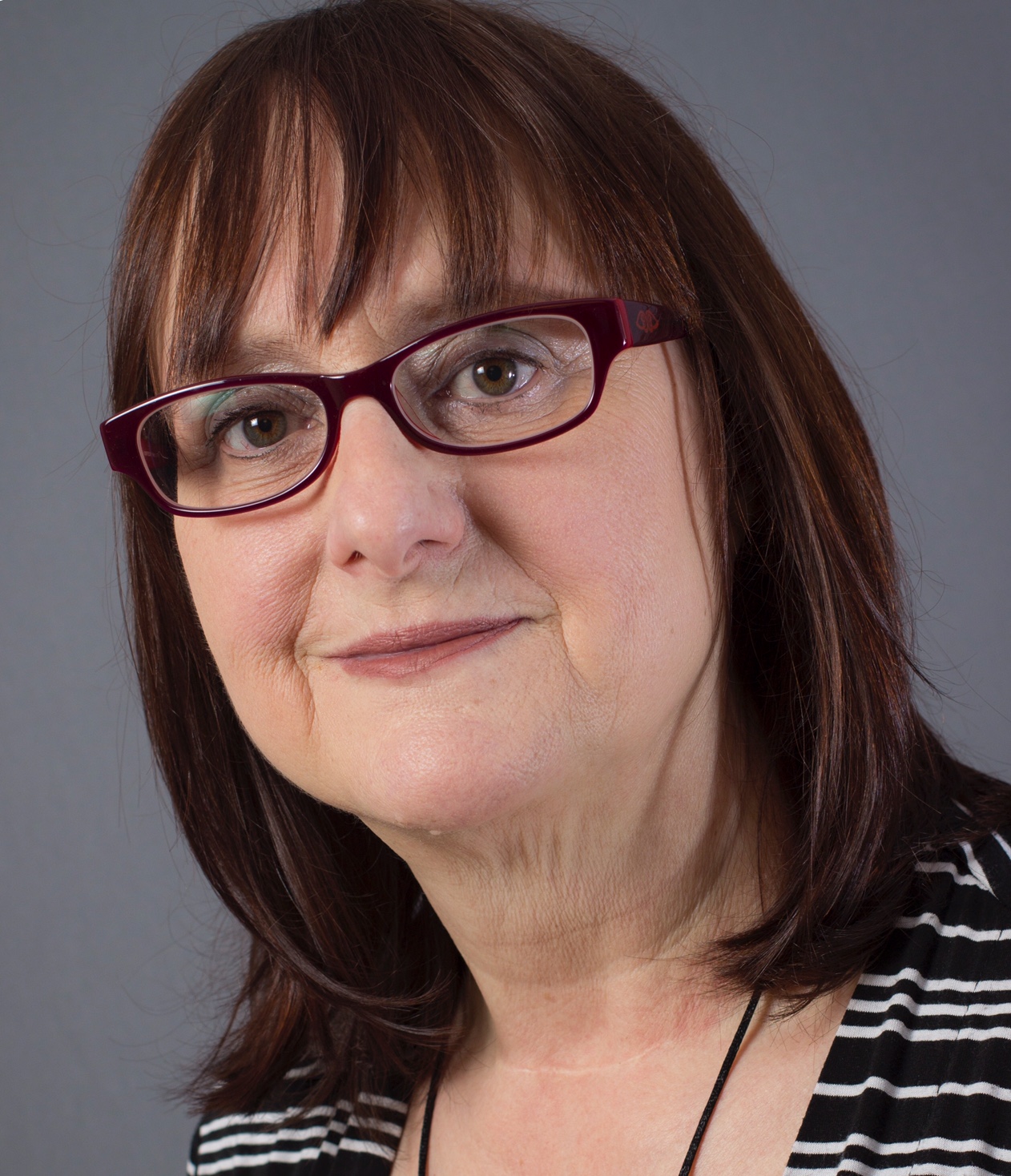AAL Smart Ageing Challenge Prize – Viviane von Doellen: Judge’s view
AAL Smart Ageing Challenge Prize – Viviane von Doellen: Judge’s view
The AAL Challenge Prize is offering €50,000 for the best innovation that uses the Internet of Things to empower older adults to achieve the quality of life they aspire to, socially and independently.
One of the judges for the prize is Viviane von Doellen, Cadre supérieur at the Stëftung Hëllef Doheem and responsible for Service Sécher Doheem, the Luxembourg national Telehealth service. As part of a series of Judges Views, Viviane explains what she sees as the challenges older people face in today’s society and how IoT is addressing these challenges
What do you consider to be the challenges older people face in today’s world?
Viviane von Doellen: Typical challenges associated with elderly people are those related to health issues (chronic diseases, dementia, depression etc) and the reduced abilities to walk, to hear, to talk and to undertake physical exertion that older people often face.
Apart from these health challenges, which they have always had to face, elderly people are now being confronted with totally new challenges.
One of these challenges stems from the globalisation of the way we live and work these days. Not only is it becoming easier to travel from one country to another, but working in a foreign country is becoming more and more popular. In some cases, people even feel obliged to seek employment in a different country in order to survive – too many qualified doctors in one country, for example, and not enough doctors in another.
This means that families are more and more mobile but more and more apart. Not only does this reduce family support available for elderly people (reduced informal carers) but it also means that more older people are confronted with foreign personnel, whether in the health and care sector (formal carers) or with all other facilities that they may need to use (electricians, banks, gardeners, supermarket staff). The cultural and language barriers created through this phenomenon can be overwhelming for elderly people and also make them very vulnerable to abuse.
Another challenge for older people is IT and technology. Many everyday things we use are electronic and ICT based. From paying in the supermarket, to getting a bus ticket, from withdrawing money to paying bills, we now have the emergence of automated bank offices, self check-outs in supermarkets, online hotel and holiday bookings and even online check-in for flights. Elderly people are often overwhelmed by this technology and feel more and more isolated from society.
How can IoT best address these challenges?
Viviane von Doellen: The amazing technological advances in electronics, ICT and IoT that we take for granted, are at this point in time rather overwhelming for elderly people. But this technology could also hold the answer and help alleviate many of the issues I have highlighted.
For example, simple physical problems could be addressed by enabling facilities such as furniture (especially toilets) to adjust their height as the elderly person approaches, as it recognises the programmed needs of the person approaching.
Cultural and language barriers could be addressed through automatic translation tools, while menus and diet sheets in hotels and hospitals could be tailored to individual needs at the booking stage.
What are you looking for in the entries to the Challenge Prize?
Viviane von Doellen: I am looking for simple, innovative and very practical solutions. I would like to see solutions that help elderly people stay independent and fully connected to society. I want to see tools and services that will not overwhelm elderly people but instead help them regain some self-confidence.
How to enter
The Smart Ageing Prize is open for entries until May 13. The application process is simple; just visit http://aal.challengeprizecentre.org/ or www.aal-europe.eu

